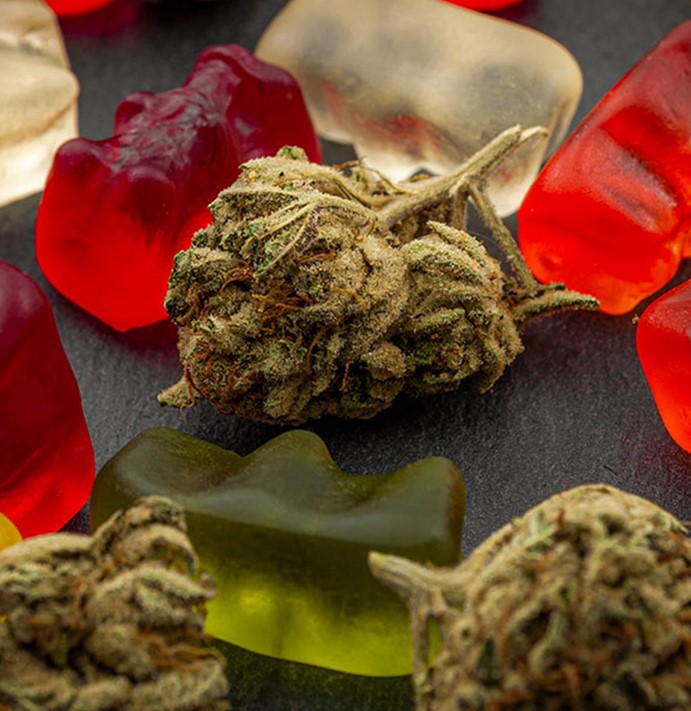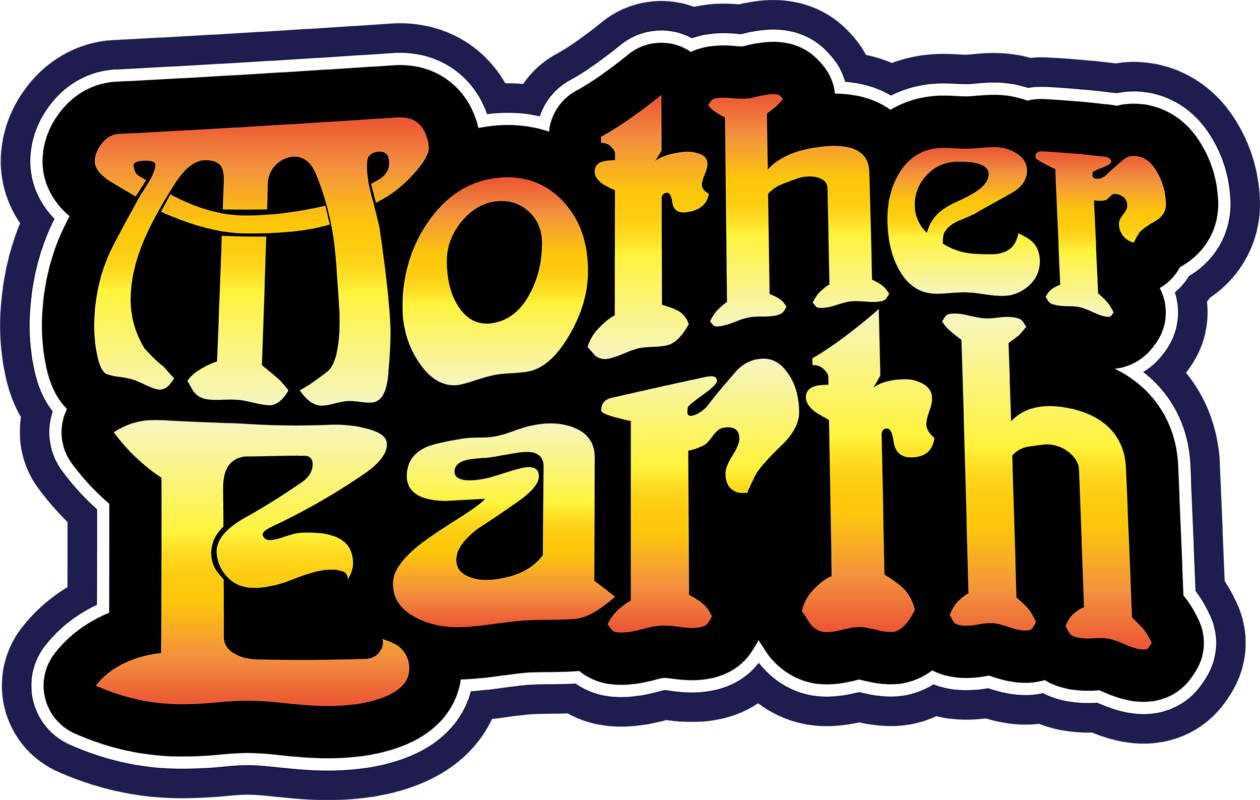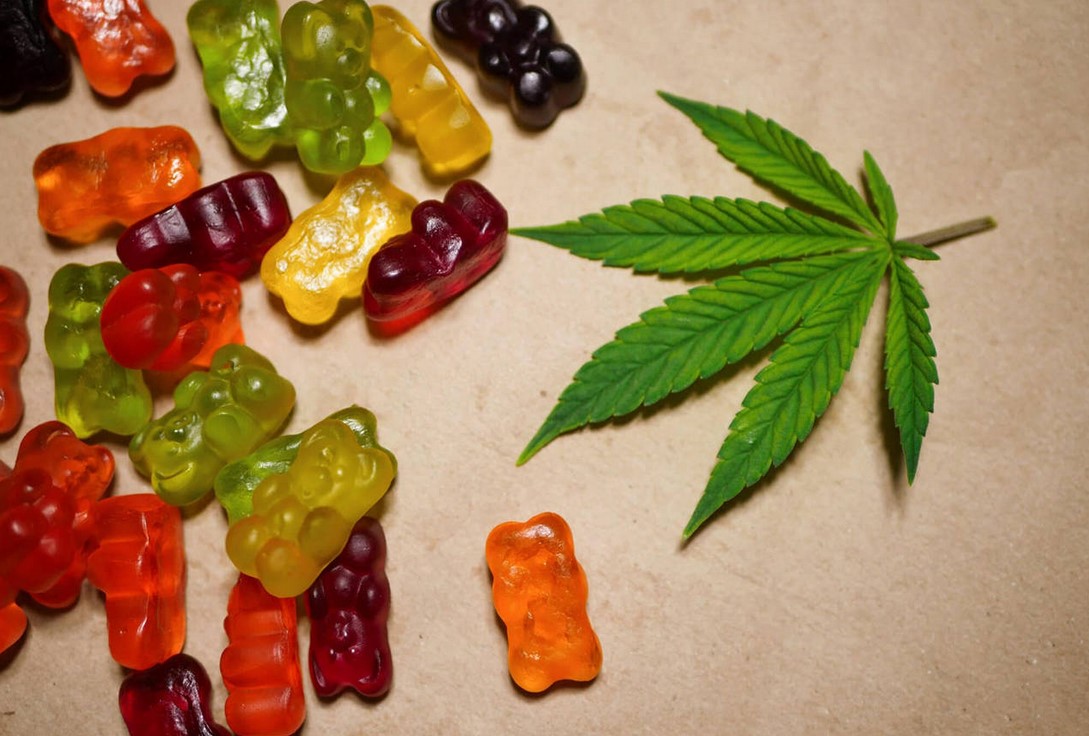Uncategorized
What are CBD Gummies?
Gummies were the first CBD products to be commercially available in the United States. They’re tiny sweets that contain cannabidiol (CBD) oil. They come in a variety of hues, flavors, shapes, and concentrations of CBD. Gummies are a handy and discreet way to take CBD, and many producers’ successful marketing efforts have helped them become popular among both long-time CBD users and newcomers alike.
Because CBD items aren’t FDA regulated, strengths and purity may vary from brand to brand and even within the same business, so you can’t be sure you’re receiving what you paid for.
Are there any health benefits of CBD gummies?
Manufacturers of CBD gummies state that the cannabinoid reduces anxiety, sadness, pain, discomfort, and sleep disturbances. Epidiolex is a CBD drug (approved by the FDA) used to treat epilepsy.

CBD oil may help ease pain, according to a study published in the British Journal of Cancer. CBD oil was only effective when given as an oral liquid, however research on the effectiveness of CBD oil has largely focused on pure CBD oil rather than gummies. Even for pure CBD oil, there are few well-designed studies that support its apparent health benefits; nonetheless, research is anticipated to improve now that hemp and marijuana are being distinguished from one another.
Despite the fact that many individuals claim to have experienced a benefit and there may be a powerful placebo effect (the practice of taking something to relieve your condition makes you feel better even if it doesn’t work), there’s no evidence that gummies work.
Keep in mind that CBD is a strong-tasting compound, and many gummies have significant added sugar to mask this.
What Are CBD Gummies?
Cannabidiol (CBD) gummies are chewy, sweet sweets that are becoming increasingly popular.
Cannabidiol, often known as CBD, is a non-intoxicating type of cannabis extract. It’s one of the several cannabinoids present in cannabis that interacts with the human nervous system, generally for good.
CBD gummies, like other CBD products, can be infused with CBD isolate or “full spectrum” CBD, which includes a wide range of additional cannabinoids and compounds in addition to CBD.
The disadvantage of a full spectrum light is that it picks up THC, the psychotropic cannabinoid. Even hemp, which has only 0.3 percent THC by weight under federal law, may have enough to cause a drug tester to fail. As a result, CBD produced by cbdMD is solely in the form of gummies, devoid of additional hemp plant components.
Are CBD Gummies the Same as Hemp Gummies?
It’s hard to say, but I feel so. The distinction in language is usually due to CBD’s legal uncertainty rather than distinct chemical components.
Despite these restrictions, the Food and Drug Administration has expressed concerns about CBD edibles owing to constraints on drug-food interactions. Despite these limitations, CBD is now legal at the federal level if it comes from hemp rather than marijuana.
Because the FDA lacks its own enforcement force, several state and local authorities have defied the regulation by enacting legislation or simply ignoring it due to their inability to enforce regulations.
Even after the legal situation regarding CBD edibles is clarified, many firms will refuse to carry items labeled “CBD” specifically because they are infused with it. Because they are partly produced from hemp, referring to CBD-infused gummies as “hemp gummies” is correct, but it also exposes them to businesses that might be wary of the “CBD” label.
Using CBD Gummies
Cannabidiol edibles in the shape of gummies are a more pleasant and healthy way to consume CBD than capsules or tinctures, and they also give you a sugar high. They’re also superior to either of those choices when it comes to public presentation.
Gummies are a popular choice among consumers due to their low cost, simplicity of use, and tiny size. Many people like to bring them with them to work, on vacation, or wherever else they go outside of the house. Gummy sweets can aid in stress reduction by popping a couple before an anticipated event.
It’s also important to note that when you consume CBD orally, it takes longer for it to enter your circulation than if you take a tincture. If you need the medicine to work right away, give it at least an hour to absorb fully.
If you’ve never used CBD before, don’t worry about how wonderful it is. Start with a small amount and don’t be concerned if they aren’t delicious. For the first few weeks, eat two gummies each day to see how your body reacts to it fully. If necessary, you may always go up.
Gummies are also wonderful for combining with other CBD products, such as twice-daily capsules or nightly droppers of CBD PM, a CBD oil tincture with melatonin. It may be used as a supplement if you sense an additional need for CBD’s natural advantages that day.
What Are CBD Gummies Made Of?
CBD gummies are chewy sweets that contain cannabidiol, or CBD. CBD gummies, which lack a psychoactive “high” effect and have less than 0.3 percent THC, are the most well-known mind-altering component of the cannabis plant. Many companies also limit the amount of CBD in each candy to ensure that you understand exactly how much milligrams of CBD you’re getting with each serving.
CBD gummies can be made with:

- It’s also critical to distinguish between hemp produced from industrial hemp and cannabis plants bred for their high CBD content. The distinction is that full-spectrum CBD, which includes all of the cannabinoids and terpenes naturally occurring in the hemp plant, has a THC concentration of less than 0.3 percent.
- Cannabis, hemp, and cannabis-based items are not the same thing. CBD has two meanings: (1) a specific chemical present in cannabis plants that binds with cannabinoid receptors; and (2) a catch-all term for all of the cannabinoids and terpenes produced by the hemp plant but lacking THC. The majority of broad-spectrum CBD products have no THC content listed on their labels.
- The finest quality, most pure form of CBD is known as CBD isolate because it does not include any extra cannabinoids or terpenes from the hemp plant and no THC.
There are several different types of CBD gummies on the market, including those that include cannabinoids other than THC. Melatonin is a supplement that is anti-inflammatory and neuroprotective, and it may be discovered in some CBD gummy formulations.
Cannabis sativa has long been used to treat a variety of ailments, including pain management, anxiety reduction, and epileptic seizure symptoms.
How Do CBD Gummies Work?
The CBD that is absorbed after first-pass digestion enters the circulation when CBD gummies are eaten. (First-pass digestion is the process by which a substance is broken down at a specific location in the body, resulting in a lower concentration of the substance before it circulates throughout the body.) We don’t know how much CBD we absorb from gummies because to first pass metabolism; yet due to first pass digestion, its bioavailability is very low.
Cannabidiol, or CBD, works on cannabinoid receptors CB1 and CB2 in the brain and immune system. The endocannabinoid system uses these CB receptor types to control both the immune and central nervous systems.
Cannabidiol also improves gamma-aminobutyric acid (GABA) activity in the brain. GABA activity is enhanced by reducing stress.
How to Use CBD Gummies
The amount of CBD gummies you ingest is determined by the strength of the gummy, your experience with CBD, and how much effect you want to achieve in your body. Those who are less experienced with CBD should start with a lower-dose CBD gummy and gradually increase their dosage as needed. To figure out which dose works best for you, cut a gummy in half or take several at once.
Potential Side Effects
While cannabidiol (CBD) has benefits, it can also cause negative side effects such as tiredness, nausea, and weight loss. CBD can also Cocktail CBD with prescription drugs and dietary supplements since its effectiveness may be affected by other medicines you’re taking. If you experience bad CBD reactions after using it, stop usage immediately and see your doctor.
What is the difference between CBD, cannabis, hemp, marijuana, and THC?
Despite the fact that there is a lot of confusion about what CBD is, many individuals believe it refers to cannabis, hemp, marijuana, CBD, or THC (tetrahydrocannabinol). They are not the same.
Cannabis is a plant, and there are two primary species: Cannabis Indica and Cannabis Sativa. Marijuana may be cultivated from both strains, but only hemp is produced from the Cannabis Sativa family.
Hemp and marijuana are two different plants, but they have certain characteristics in common. The most obvious distinction is that hemp has very little THC, the chemical that makes you high in marijuana. In fact, to be classified as hemp, a plant must have less than 0.3 percent THC; otherwise, farmers could be charged with felony offenses.
Hemp has only minute traces of THC, the element in marijuana that makes people euphoric. CBD is the primary active component in hemp, which does not have a psychoactive effect. CBD has been linked to the treatment of anxiety, inflammation, sleeplessness, and pain, although there is currently little scientific evidence to suggest that it works other than for epilepsy. Epidiolex Is a CBD oil meant for two uncommon and severe forms of epilepsy: Lennox-Gastaut syndrome (LGS) and Dravet syndrome. Other studies are underway to see whether the medication may benefit Parkinson’s disease, schizophrenia, diabetes, multiple sclerosis, or anxiety.
Hemp is also an excellent source for producing 100 percent biodegradable, ecologically beneficial goods such as biofuel, construction materials, clothing, and paper, as well as medicinal applications of CBD.


